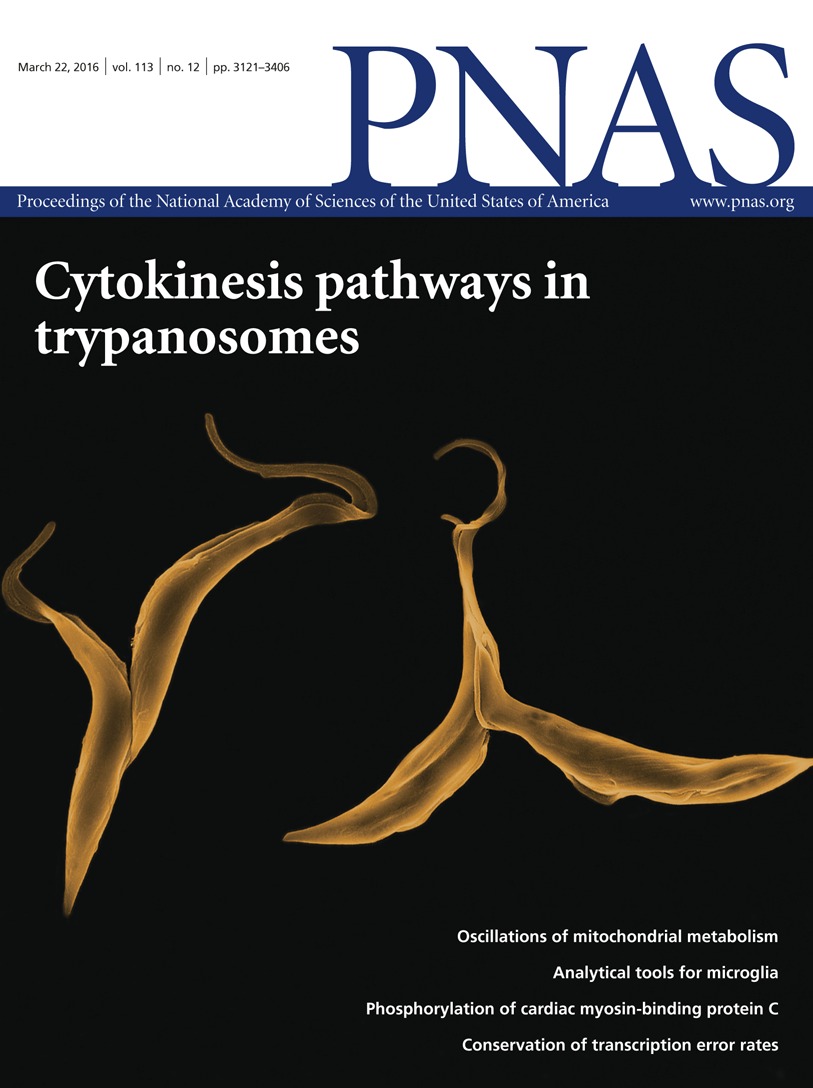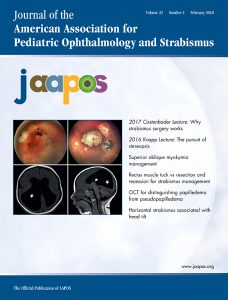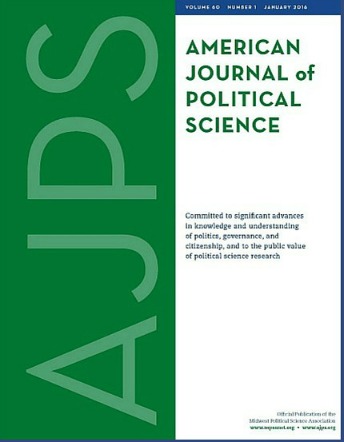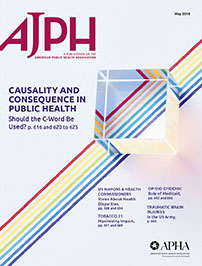 Last year, Journal of Cell Science added notices to four papers after a reader contacted the editors with some concerns about issues with the figures. Now, it’s replacing the previous editorial notices with corrections, which address duplicated images and data.
Last year, Journal of Cell Science added notices to four papers after a reader contacted the editors with some concerns about issues with the figures. Now, it’s replacing the previous editorial notices with corrections, which address duplicated images and data.
When the journal issued expressions of concern for four papers co-authored by José Ignacio Rodriguez-Crespo about the allegations (which had also been raised on PubPeer), it notified his institution, the Universidad Complutense de Madrid (UCM). The newly issued correction notices explain that UCM investigated the four papers, and the data support the results and conclusions. In two cases, the authors supplied the original data, and in the others, they replicated the experiments.
Rodriguez-Crespo declined to comment, saying only that the journal
Continue reading After probe, journal removes flag from four papers, corrects manipulated images
 The New England Journal of Medicine has retracted a 2013 paper that provided some proof that the Mediterranean diet can directly prevent heart attacks, stroke, and other cardiovascular problems.
The New England Journal of Medicine has retracted a 2013 paper that provided some proof that the Mediterranean diet can directly prevent heart attacks, stroke, and other cardiovascular problems. Adeel Safdar was once a rising star in the field of kinesiology. After completing his doctorate degree at McMaster University in Canada, working with one of the titans of his field, Safdar took a postdoc at Harvard, then accepted a
Adeel Safdar was once a rising star in the field of kinesiology. After completing his doctorate degree at McMaster University in Canada, working with one of the titans of his field, Safdar took a postdoc at Harvard, then accepted a 


 Many political scientists are up in arms over an editor’s decision to use his journal as a platform to defend himself from allegations of sexual harassment.
Many political scientists are up in arms over an editor’s decision to use his journal as a platform to defend himself from allegations of sexual harassment. Last April, the
Last April, the 
